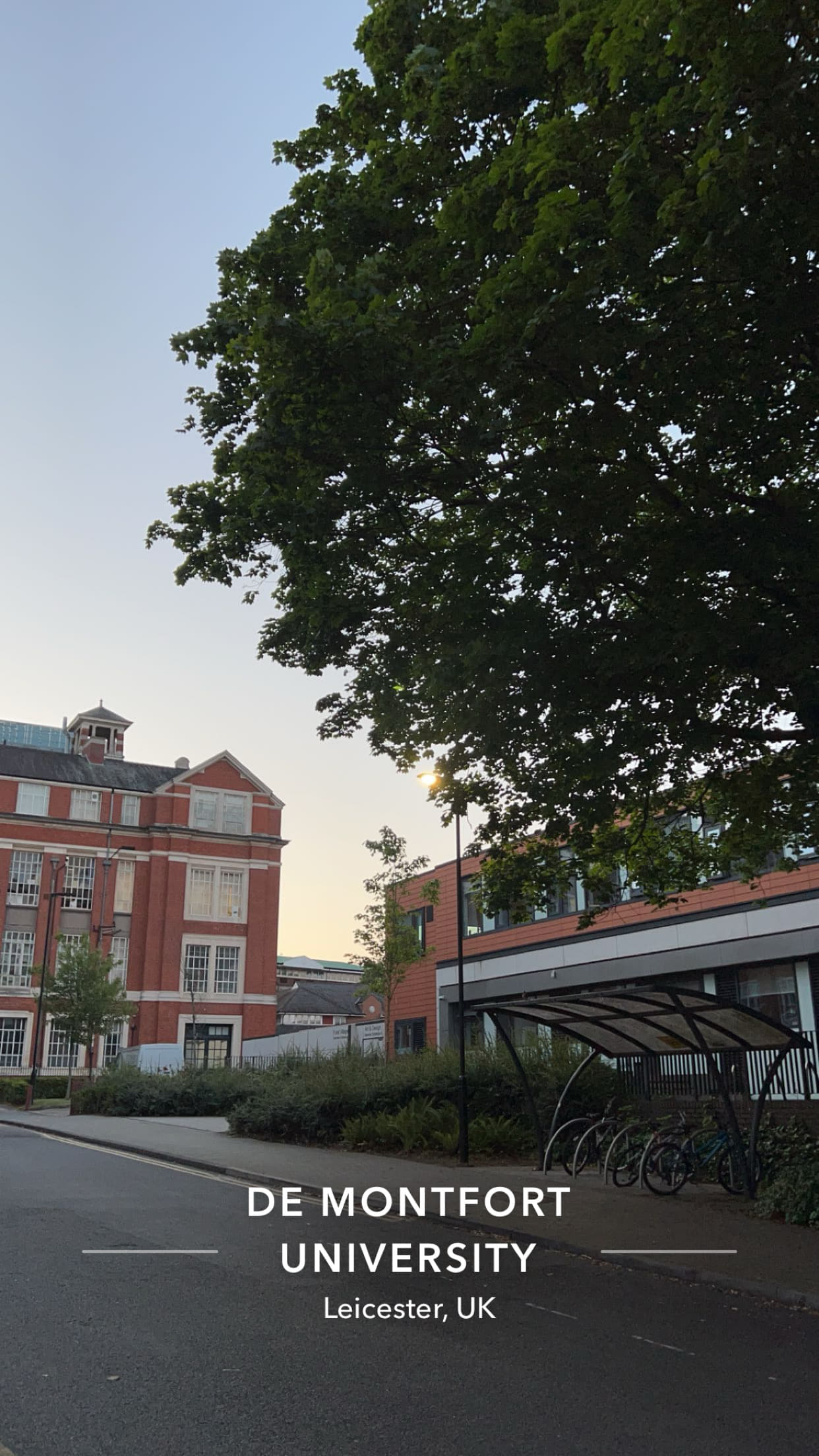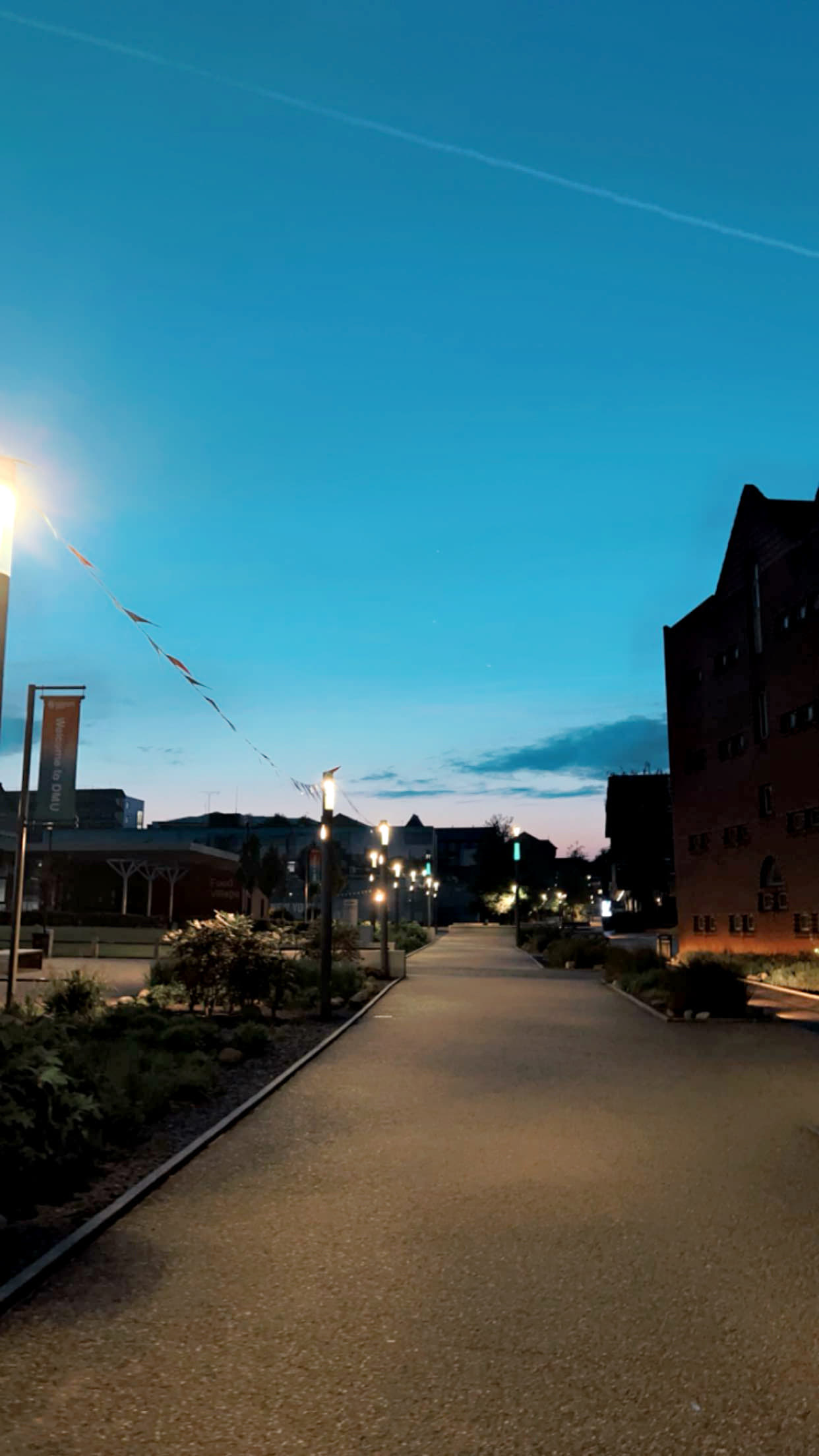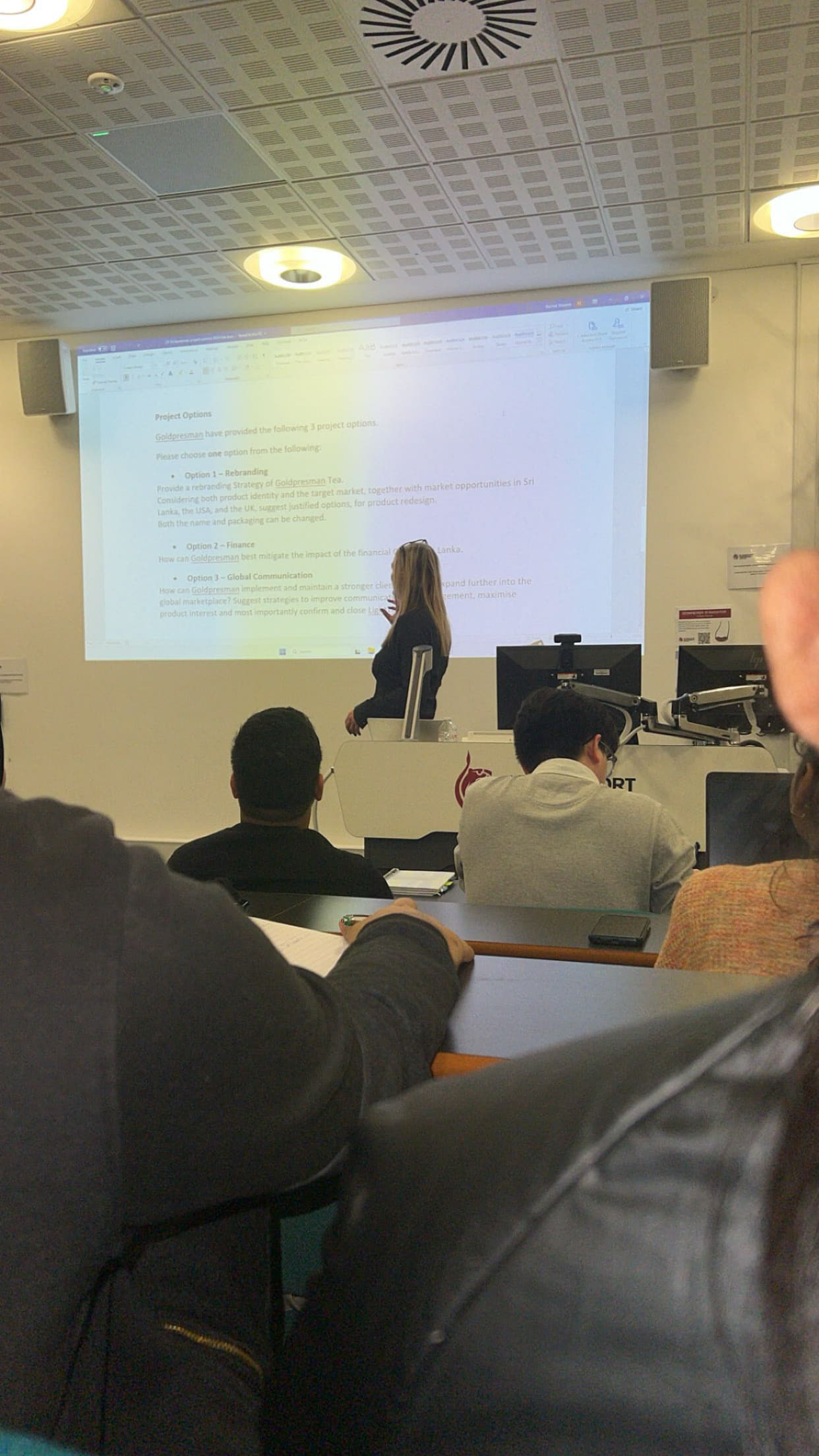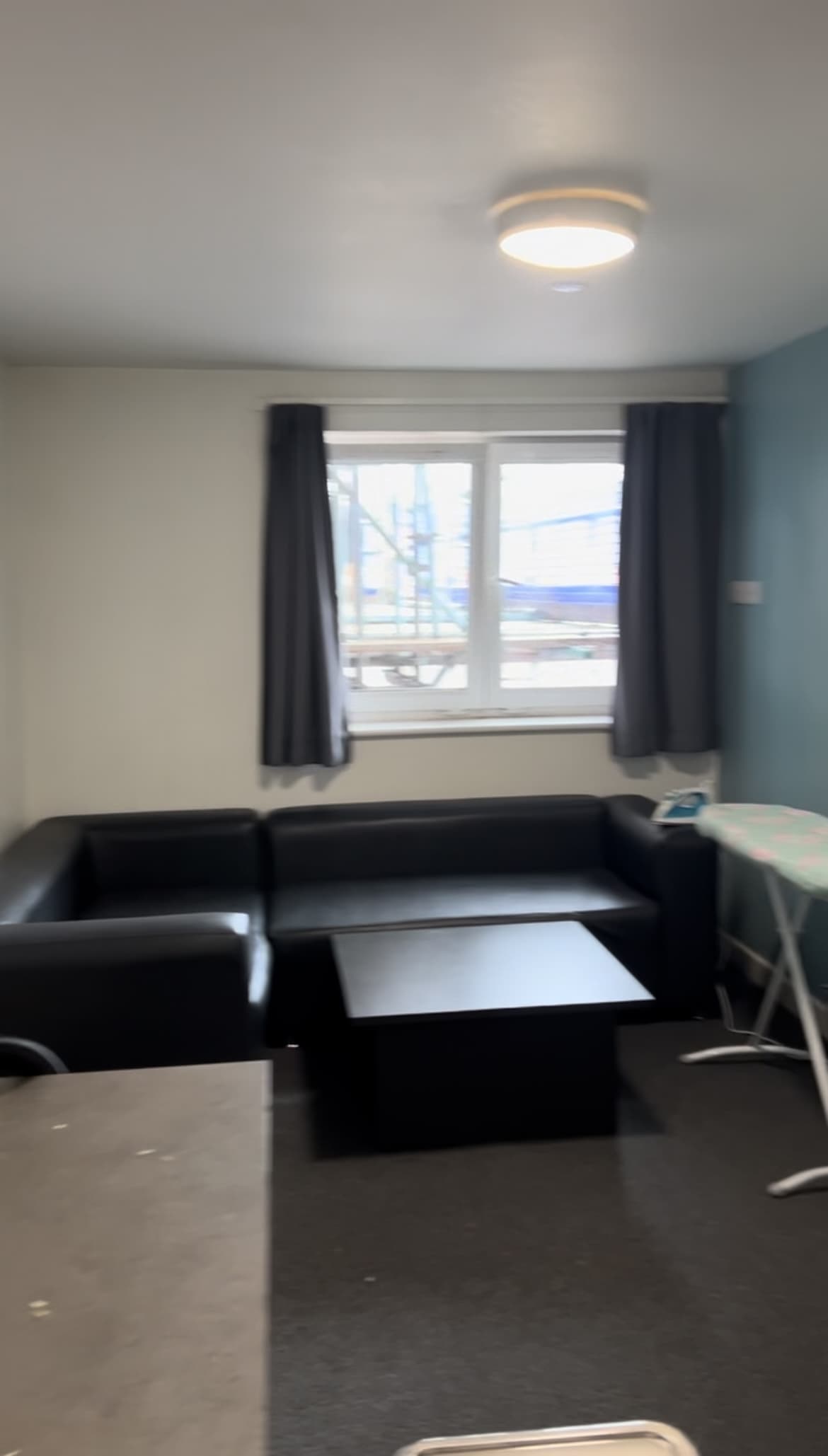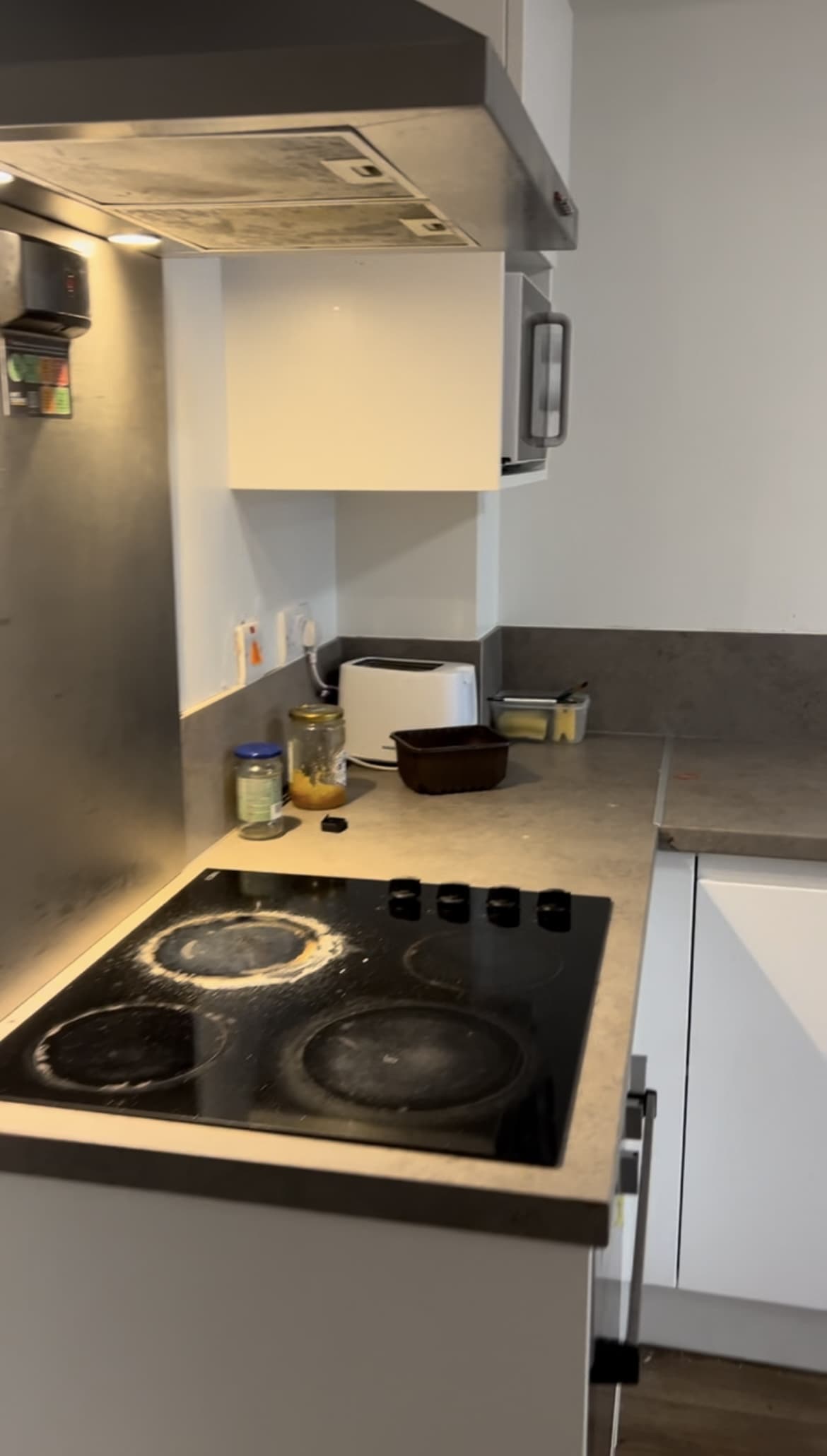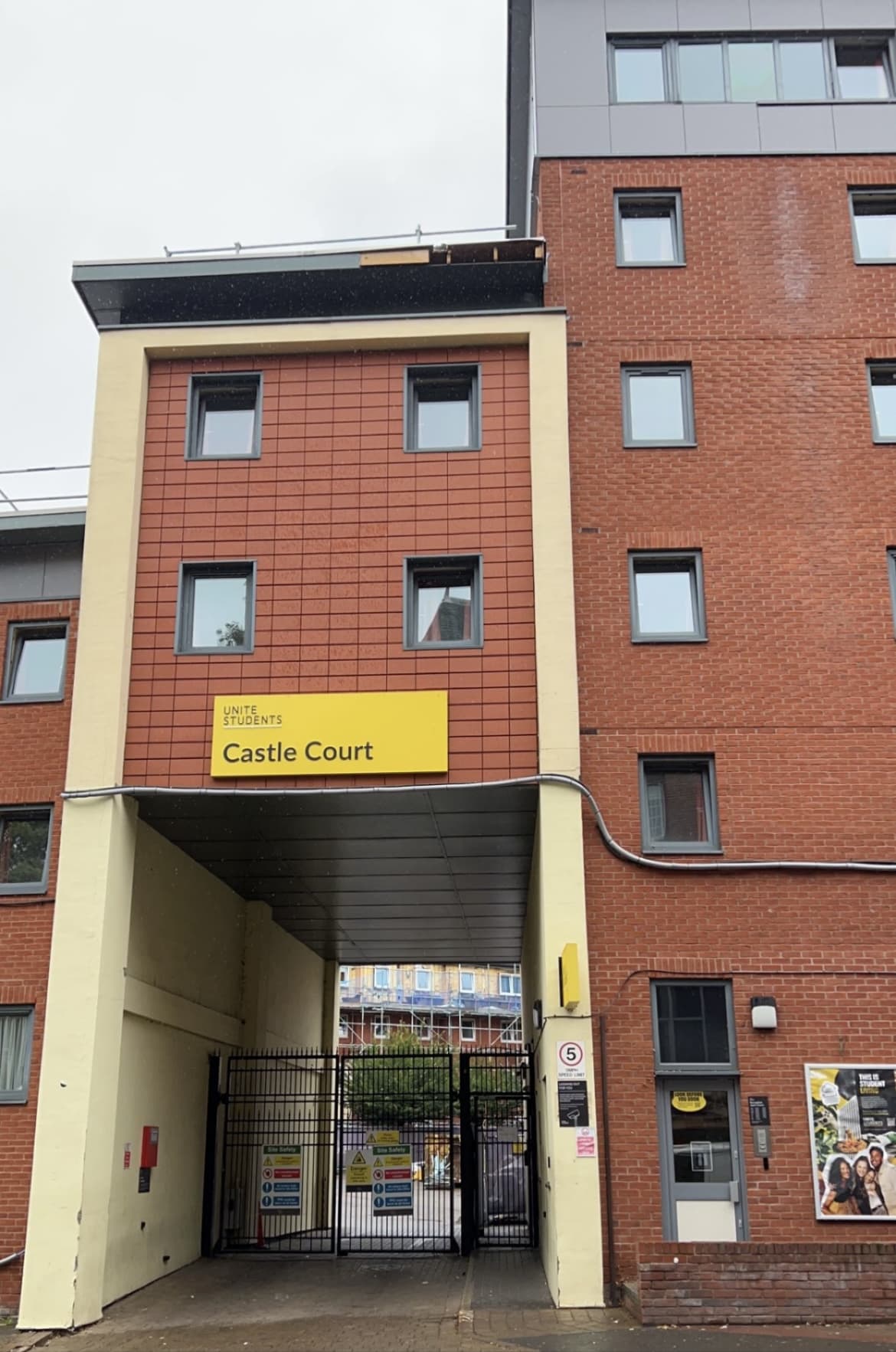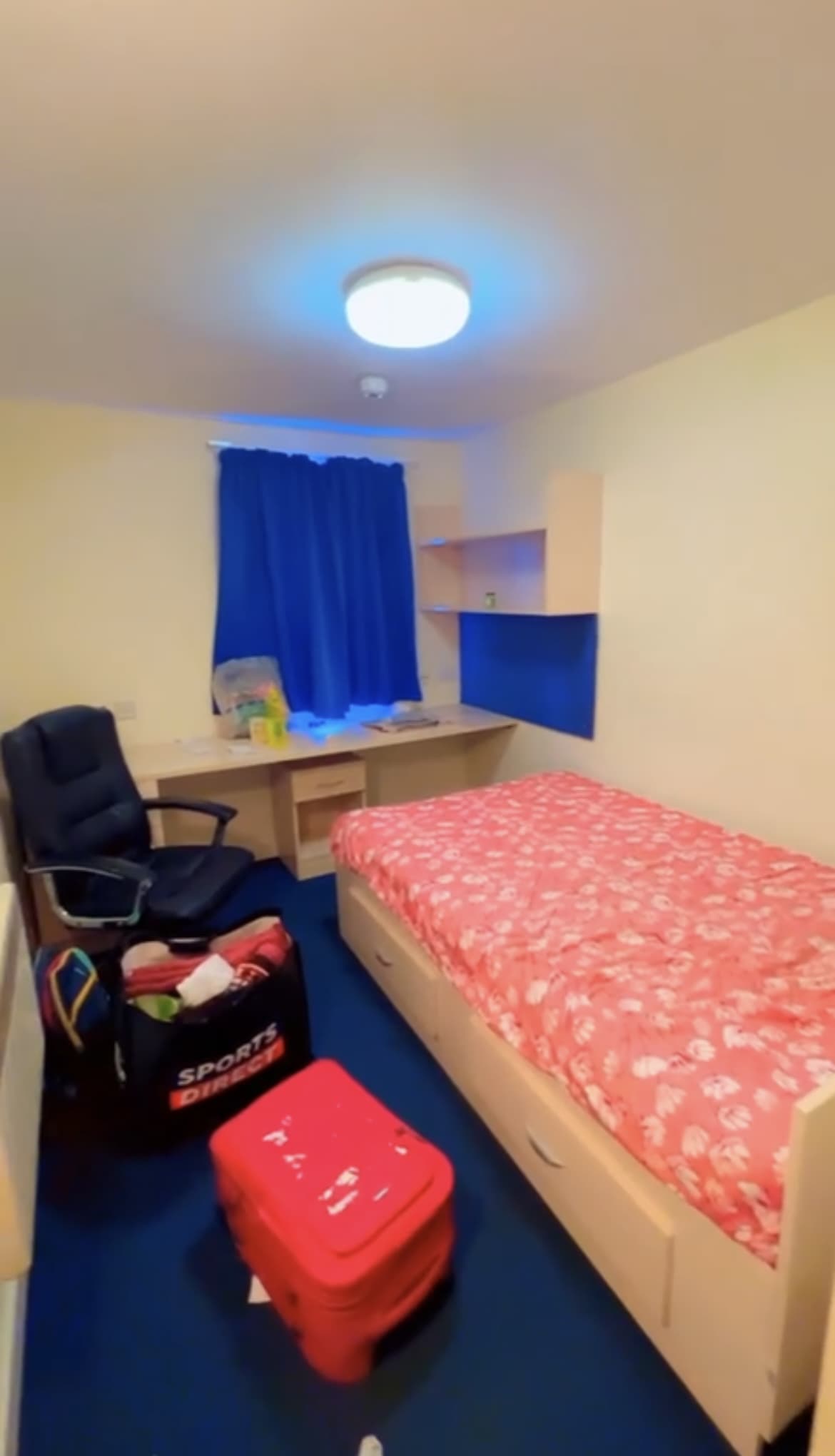What Students Say
Likes
- Campus - Amazing, spacious and good infrastructure
- Course Structure - Block Teaching Structure
- Extracurricular Activities - Lots of opportunities to participate in different competitions and activities
Dislikes
- Less classes - Block teaching left the students with more holidays than classes throughout the academic year
- Overall teaching approach and not in-depth teaching - They had a more generalised way of teaching than a specialised way of teaching
- Limited Alumni engagement - Very few events to connect alumni with on-campus students
Course Curriculum
- The course was quite on the easier side. It was a mix of both theoretical and practical.
- The most positive aspect was the block teaching pattern - they completed one module fully before going to another. It gave a good amount of time and clarity to master the topics taught as a part of the course.
- The negative aspect was that all the modules were structured in a generalistic pattern. There was no in-depth teaching in any module.
- A maximum of 2 classes are scheduled in a day. Each class is 2 hours long.
- No, they do not provide any assistance as such.
Admission Experience
- I only applied to De Montfort University, Leicester and got admitted to it. I got into the college through a partnership from The Vedica Scholars Programme which is a certification programme for management and leadership. According to the exchange program, my credits from Vedica got transferred to De Montfort University and I finally received the Global MBA degree when all of my credits were cleared. I did not apply to any other colleges.
- As mentioned above, I did not apply to any other colleges. I only applied to De Montfort University and got admitted to that. For my acceptance, I had to provide them with all the required documents like my educational certificates, Statement of Purpose, Bank account maintenance documents etc along with the documents from my fellowship program through which I got into DMU. I did not appear for any tests specifically. The overall admission experience was quite tedious as the administrative processes were very slow. I received my CAS Letter so late that I got late to apply for my Visa and had to spent a hefty amount of money on priority visa and immediate flight tickets so that I could join classes on time.
- I applied to the Jan 2023 intake. I had completed almost 2 years of work, and was ready to move into a new phase by pursuing a course and upskilling to venture into new opportunities.
- The admission process took almost 3 months:
- Oct 2022 - I submitted all the documents.
Faculty
- I admire Percy Emmett the most who taught us the 'Developing Enterprise' Module. His practical and interactive way of teaching along with the vast knowledge and experience he possesses really stood out for me.
- Average number of students - 150-200 per batch. Sometimes our batch and the Sept 2022 batch ere combined for some modules.
- Indian Students - 100-120
- One faculty for the entire batch. Because of the high number of students, the faculty could not give individual attention.
- No, it is not sufficient. You need to work a lot on upskilling yourself to be job-ready.
Campus Life
- Campuses – 1. DMU Main Campus - Leicester, United Kingdom,2. DMU, Dubai, United Arab Emirates,3. DMU, Phnom Penh, Cambodia
- Yes, all facilities are available like a library, sports facilities and even a hospital
- All festivals are celebrated on campus by different cultural committees throughout the year.
- I have been part of Indian society, but not many other sports/committees. So, I do not have much idea.
Part Time Jobs
- Teaching Assistant (TA), Research Assistant (RA), or Departmental Assistant (DA) positions - Limited in number. Usually filled up by September intake students
- Pay range - around £13 per hour
- Other on-campus opportunities are in the student help centres and cafeterias. The usual hourly wages are £11.44 per hour
- The maximum hours of work allowed per week is 20 hours during classes and 40 hours during vacations
- It is very difficult to secure on-campus part-time jobs due to limited availability and high demand.
- Most students work in cafes, pizza stations, warehouses and local stores. They usually earn £11.44 per hour. It is very difficult to get part-time jobs due to a high number of students requiring part-time jobs and the limited availability of such jobs.
- The process includes: Search for opportunities on platforms like Unitempt, Linkedin, Indeed etc, tailor your CV and cover letter and apply for suitable jobs, attend interviews and if selected complete the documentation process to get hired.
Placement
- Approximately 70% of DMU graduates secure employment within six months of graduation.
- The average salary varies depending on the program, typically ranging from £22,000 to £25,000 per year.
- Students commonly find jobs through campus recruitment fairs, internships, networking, and online job portals like Linkedin and Indeed.
- Some of my batchmates are working with Coca-Cola, Amazon and Deloitte.
Accommodation
- I used online platforms to find my accommodation.
- I had taken an ensuite room with a shared kitchen and living space at Castle Court by Unite Students. The monthly rent was around 500 pounds.
- I had to contact multiple sites to get my booking done. The availability of good properties was also an issue.
- Start seeking accommodation beforehand as the last-moment ones are highly-priced and you might not even get a suitable one if though you are willing to pay more.
- My accommodation was right next to the college campus. Most Indian students stay in student accommodations only.
Exams
- I hadn't appeared for any exams to get into the university.
- Documents required - Academic documents, SOP, LOR, CV, Bank account details mentioning that you have maintained the required amount for the required period of time etc.
- Yes, the interview was just to check if you have a clear vision of what to expect from a study abroad course, about your idea of the country and living expenses etc.
Fees
- As I was on an exchange programme and got a scholarship, I paid only 6000 pounds for my course. But in my knowledge, the full-time course costs around 17000 pounds. We had to pay the 6000 pounds in 2 instalments.
- There were no hostel fees as the student can live to rent out an accommodation/house separately.
- My Monthly expense: Rent - 500 pounds, Food - 200 pounds, Transportation - 0 as I used to live right next to the university, Other Expenses - 200-300 pounds
Scholarship
- Yes, I received a scholarship but that was a part of the partnership that DMU had with my college (The Vedica Scholars Programme for Women).
- I received a 50% scholarship. Considering that I was not doing the full course, I had to pay 12000 pounds but because of the scholarship, I paid half of that i.e., 6000 pounds.
- Yes, my batchmates from Vedica who joined DMU received an equivalent scholarship.
- I do not have an idea about the number of students who receive scholarship but I have heard that they reduce the fees based on your previous academic performance.


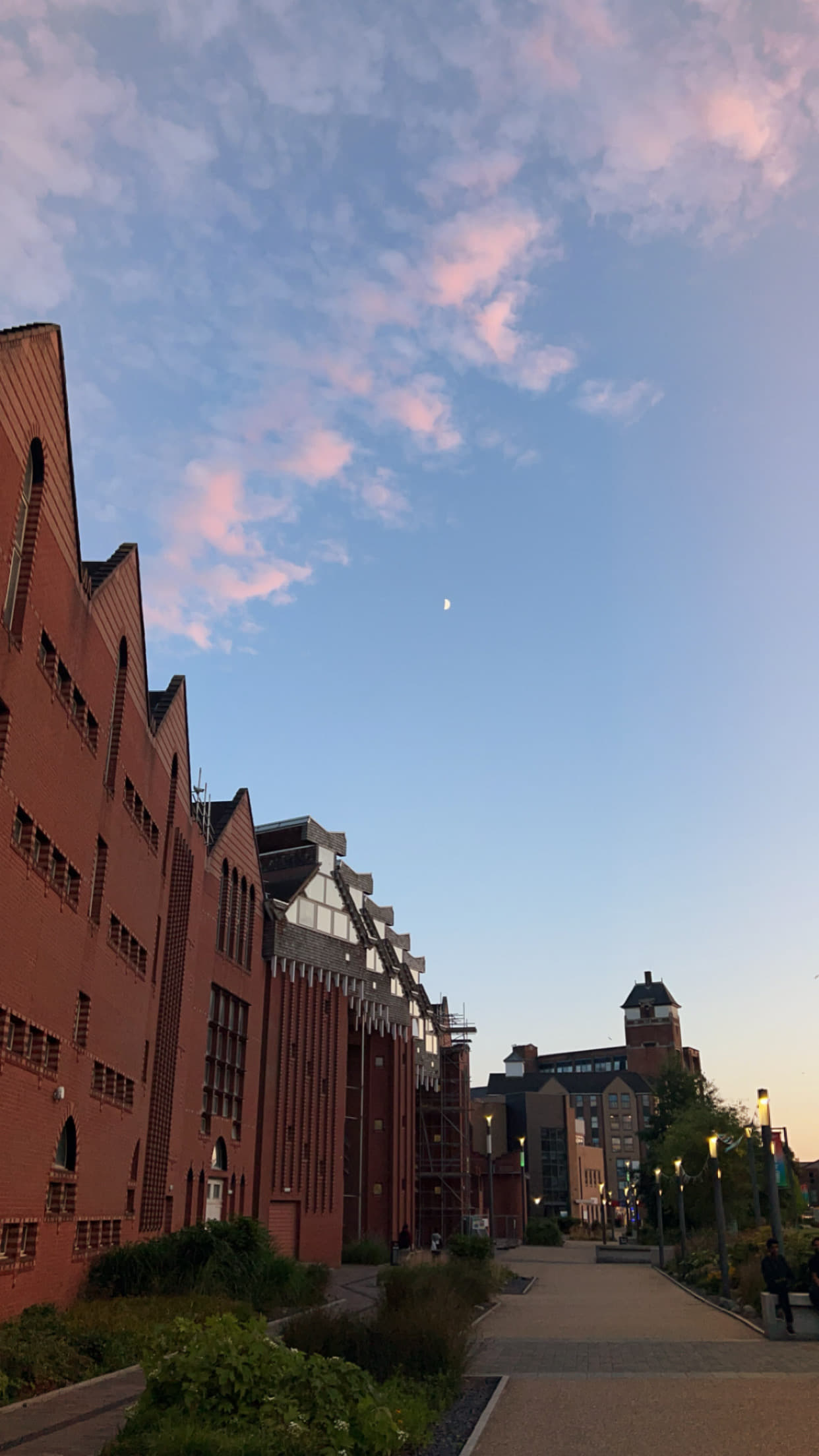
.jpg)
